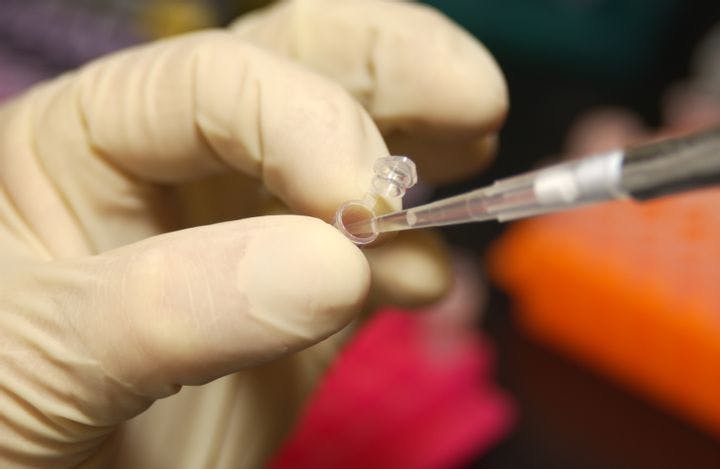Fall 2013
Your political views affect your beliefs about genetics
– The Wilson Quarterly
Ideologues on both sides pick and choose from genetic science to support their views.
Every day seems to bring new discoveries about the role genes play in human destiny, influencing everything from our vulnerability to disease to our taste for lemons and salty snacks. What about genes’ influence on politics? Conservatives seem eager to embrace genetic explanations of human behavior. After all, to the extent that inequality and disadvantage are the products of inherent “natural” differences among people, there’s less reason to try to remedy them and less prospect of success if we do so. Liberals, on the other hand, have every reason to rally around the idea that “environment” is all, that people’s traits and abilities are infinitely malleable and thus subject to the ministrations of government.
On closer inspection, though, public opinion about the impact of genes on society doesn’t always sort itself out along neat ideological lines. Writing in Public Opinion Quarterly, Elizabeth Suhay and Toby Epstein Jayaratne report that self-identified conservatives do indeed tend to think that genes explain race and class differences. Analyzing data from a 2001 survey, Suhay and Jayaratne found that people who called themselves “very conservative” were 13 percent higher on the authors’ “genetic explanation scales” than “very liberal” respondents.
But the positions reversed when people were asked about the origins of sexual orientation. Very liberal respondents were 20 percent higher on the genetic explanation scale than very conservative ones. Indeed, they were twice as likely as very conservative respondents to say that choice is not involved in one’s sexual orientation. These results are predictable, the authors note, since genetic explanations “marginalize the role of personal responsibility” and support the idea that people “cannot be blamed or held accountable” for behavior that arises from innate predispositions, and are instead entitled to sympathy.
What surprised Suhay, who is a political scientist at Lafayette College, and Jayaratne, a research scientist in the School of Public Health at the University of Michigan, Ann Arbor, was that when the questioning shifted from group differences to individual ones, the liberal-conservative split vanished. Asked about the influence of genes on individuals’ intelligence, mathematical ability, drive, and propensity to violence, liberals and conservatives gave the same range of answers.
Unfortunately, it’s the perception of group differences that matters most in politics, and in that realm “the public picks and chooses from a variety of available messages about influences on human characteristics with an eye toward justifying their preexisting political stances.” Many scientists, meanwhile, have come to see the influences of genes and environment as intimately intertwined and often impossible to weigh separately. It behooves them and their news media popularizers to avoid reductionist headlines that supply ammunition to ideologues.
THE SOURCE: “Does Biology Justify Ideology? The Politics of Genetic Attribution” by Elizabeth Suhay and Toby Epstein Jayaratne. Public Opinion Quarterly, Summer 2013.
Photo courtesy of NIH/Maggie Bartlett
